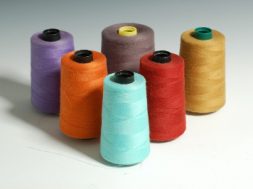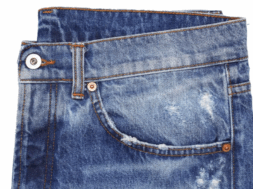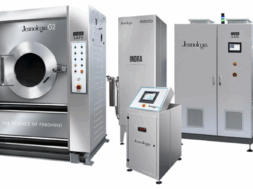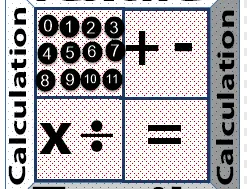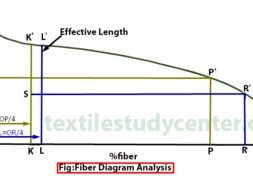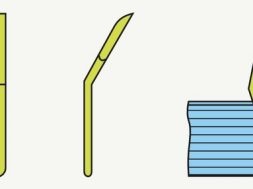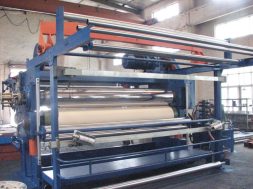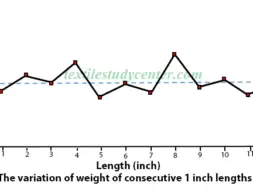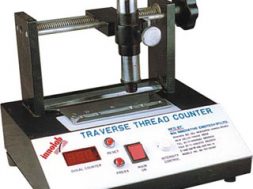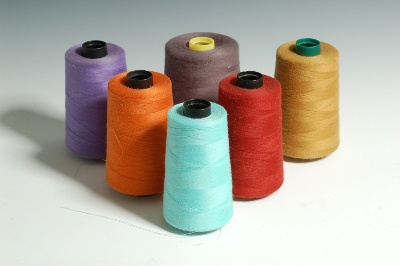
Thread Numbering System
Thread Numbering System
Sewing Thread: Sewing thread is an essential element of garments. Sewing threads are special kinds of multi-layer yarn that are engineered and designed to pass through a sewing machine rapidly. It can be made out of many different materials including cotton, linen, nylon, and silk etc. According to Oxford Dictionary, “A thread is a long, thin strand of cotton, nylon, or other fibers used in sewing process in RMG industry”.

Sewing threads are mainly engineered to three-ply and intermittently two or four-ply. Three S twisted single yarns are Z twisted to form a three-ply sewing thread. The finishing twist is in the Z direction to reach equilibrium and resist further tightening of twist.
Sewing Thread Count and Numbering System: The size or count of sewing thread is a numerical expression used to indicate threads size, is the relationship between length & weight of yarn. All numbering systems are designed in either fixed-weight known as indirect system or fixed-length systems known as direct system.
In indirect systems, the thread count is expresses the number of length unit in one weight unit, where higher the count means finer the thread & vice versa. Example: English Count (Ne), Metric Count (Nm) etc.

In direct system, the thread count is expresses the number of weight unit in one length unit, where lower the count means finer the thread & vice versa. Example: Tex, Denier etc.

Ticket number: Ticket number is referred to as the commercial numbering system or the manufacturer’s reference numbers for the size of a given sewing thread. Actually, the size or count of thread is called ticket number. Cotton ticket number & Metric ticket number is followed in the garments industry. The more the ticket number, the finer the thread & vice versa. As more than one ply of yarn is twisted into a thread, the resultant size of the thread can be derived by dividing (in the fixed-weight system) or multiplying (in the fixed-length system) individual yarn count by number of plies.
Cotton Ticket Number: Generally, cotton ticket number is for cotton sewing thread. This system is derived from English count (Ne), which refers to number of hanks of 840 yards per pound (lb).
It is denoted by Tkt. No. General formula is,

The following table shows some example of Cotton ticket number,
|
Count (Ne) |
Tkt. No. |
|
2/40 |
60 |
|
3/40 |
40 |
|
4/40 |
30 |
|
2/60 |
90 |
|
4/60 |
45 |
Metric Ticket No:
This system is derived from Metric Count (Nm), which refers to number of hanks of 1000 m per Kg of yarn or thread.

The following table shows some example of Cotton ticket number,
|
Count (Nm) |
Tkt. No. |
|
80/2 |
60 |
|
80/4 |
60 |
|
60/1 |
180 |
|
60/2 |
90 |
Conversion of ticket number: the following is the formula for conversion of ticket number.
Cotton tkt. No. = 0.59 × Metric Tkt. No.
If the Metric Tkt. No. of a thread is 200, then the Cotton Tkt. No. is 118.
Tex system: The Tex System is another system, which is sometimes used for expressing thread number. This system is derived from Tex count, which refers to weight in grams of 1000 meter thread. The following formulas show the conversion of Tex system to Metric system & cotton system of Ticket number.

(3064)
